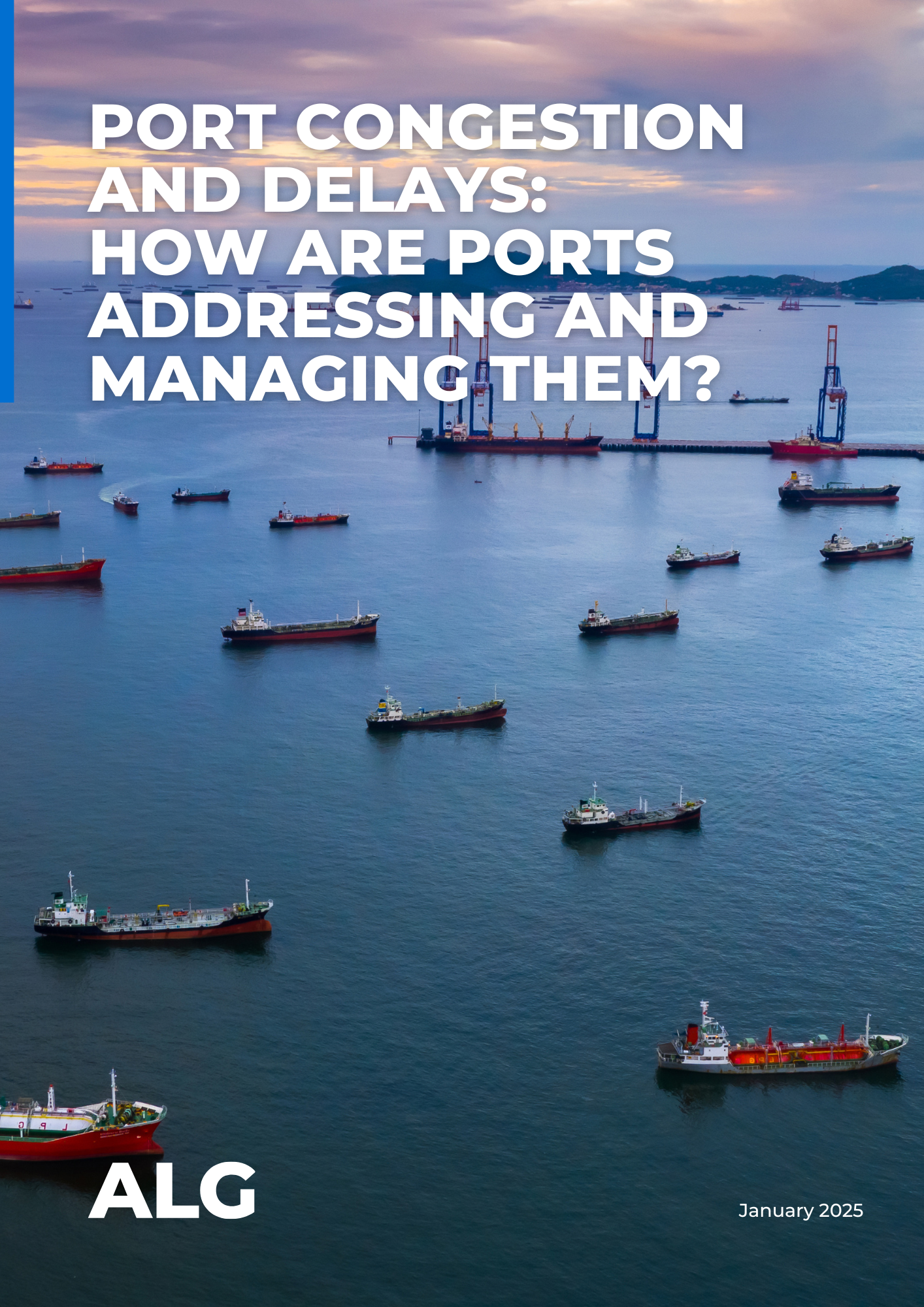In-depth insights

Port congestion and delays: How are ports addressing and managing them?
The global logistics landscape is facing a critical challenge—port congestion. This growing issue disrupts supply chains, increases costs, and undermines the efficiency of international trade. As demand for goods continues to surge, many ports are overwhelmed by the sheer volume of cargo. Combined with geopolitical tensions, labor shortages, and the mounting impacts of climate change, bottlenecks have become a persistent reality for key ports around the world.
Beyond operational inefficiencies, the impacts of congestion extend into economic, environmental, and customer-related dimensions. Delays and increased shipping costs disrupt industries reliant on timely deliveries, eroding trust between companies and their customers. Meanwhile, prolonged idling of vessels contributes to higher carbon emissions, aggravating the environmental burden on already vulnerable ecosystems.
Around the world, ports are rising to the challenge with innovative solutions aimed at transforming how they operate and manage cargo flows. Investments in infrastructure, such as the expansion of deepwater ports and the modernization of equipment, have shown positive results. For example, ports like Hamburg and Jeddah Islamic Port are enhancing their capacity to accommodate larger vessels and improve operational efficiency.
Digital transformation is also at the forefront of these efforts. Ports in Rotterdam and Singapore are leading the way by leveraging automation and AI-driven systems to streamline operations and predict demand fluctuations. The adoption of real-time data-sharing platforms and integrated port community systems is helping reduce bottlenecks and optimize resource allocation, offering a blueprint for other global ports to follow.
This report delves deeply into the causes, consequences, and solutions for port congestion, providing a comprehensive analysis of the steps being taken to mitigate the problem. From infrastructure investments to the adoption of climate-resilient practices and digitalization, the study highlights key lessons and best practices from around the world.
As global trade faces increasing uncertainties, ensuring the resilience and sustainability of port operations has become more critical than ever. Collaboration between port authorities, governments, and industry players will be essential to navigate these challenges and safeguard the future of global supply chains.
Click the download button above, complete the form, and access the full report to gain exclusive insights into how leading ports are overcoming these challenges and shaping the future of global trade.
See more insights